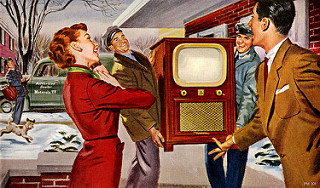
2016 will see the first of the baby boomers turning 70. I don’t need to go in detail about the expected impact of the ageing baby boomer generation, this is well documented. Everyone within the industry knows that times are changing for residential and community care.
The sheer volume of people expected to require care and support services poses the first major concern. Additional services will be required to meet increased demand, particularly community care services that help people to remain living in their own home. The second concern is the heightened expectation of quality of life and care services that comes with the shift in demographics of those requiring aged care. And it is the latter that I want to consider today. Why is it that the needs and expectations of baby boomers differs so greatly from the previous generation?
Born during the post World War II period, the baby boomers were brought up in a rapidly changing world. Living a far more privileged life than their parents before them, great advances in technology coupled with economic optimism began the growth of a consumeristic culture. Television became a central part of life and the baby boomers were bombarded by advertising via this new medium fuelling a desire to better one’s life. Society grew in affluence and career orientated baby boomers had disposable income to consume the many products that were being developed to meet every their every want and desire.
Baby boomers want, and expect, the best of the best. Well informed, they know their rights and what they are entitled to. High quality care will be expected as minimum standard. The aged care providers that stand out in an increasingly competitive market place will be those successfully selling a lifestyle, one that comes with modern accommodation, excellent facilities and upmarket extras.

